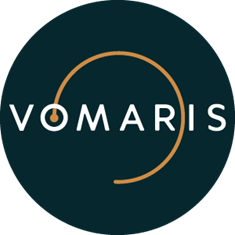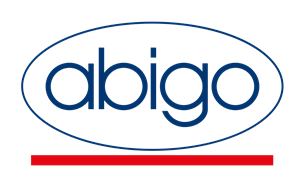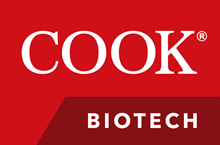You are invited to join a ground-breaking webinar on regenerative wound care that promises to provide valuable insights and practical tips.
The JWC Expert-Opinion Consensus has revolutionised the field, and this webinar will offer another opportunity for attendees to understand and engage with the content.
By registering for the event, you will receive the document ahead of time and have the chance to submit questions for the live Q&A.
This is a unique opportunity to stay up-to-date on the latest developments in regenerative wound care and contribute to shaping the future of the field.
Don't miss out on this chance to be a part of this important conversation.












